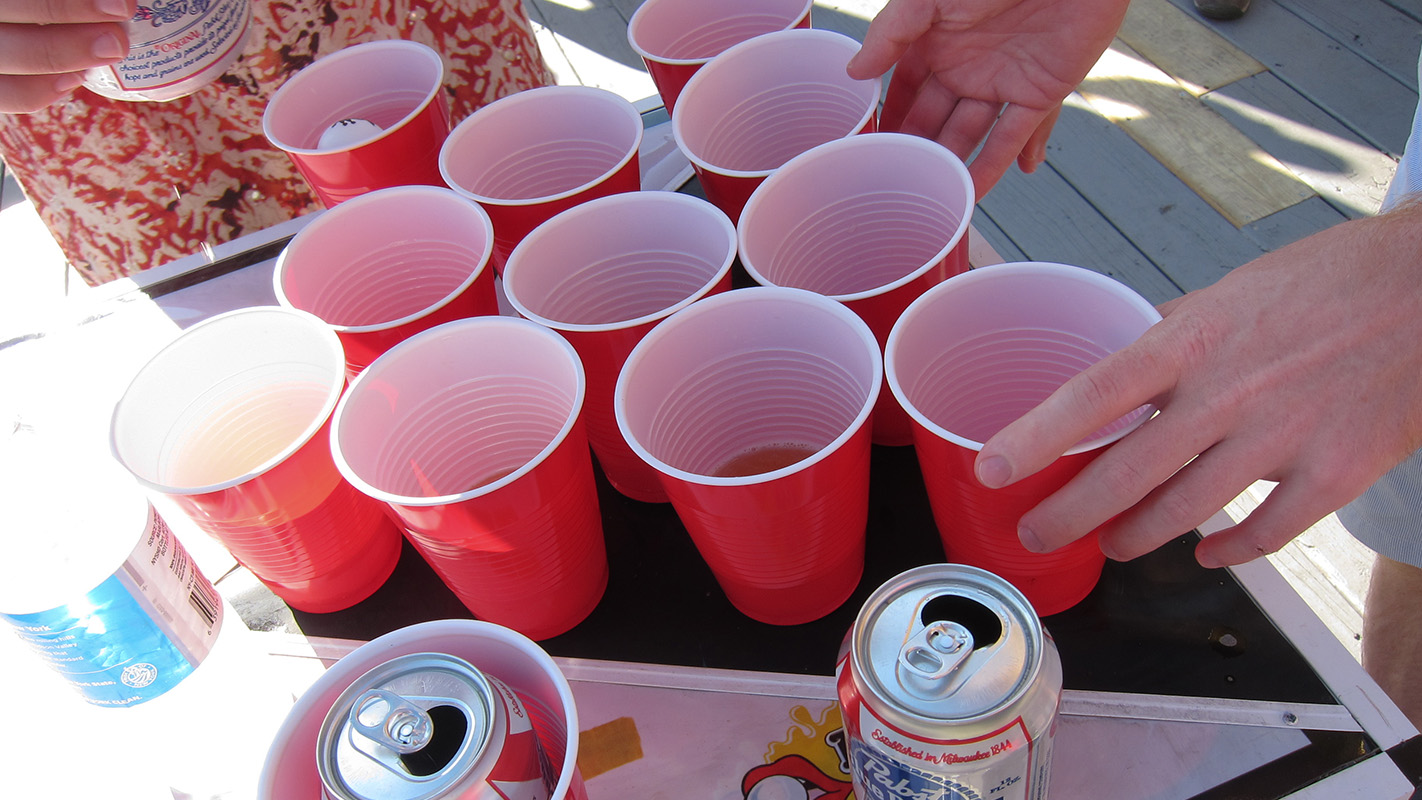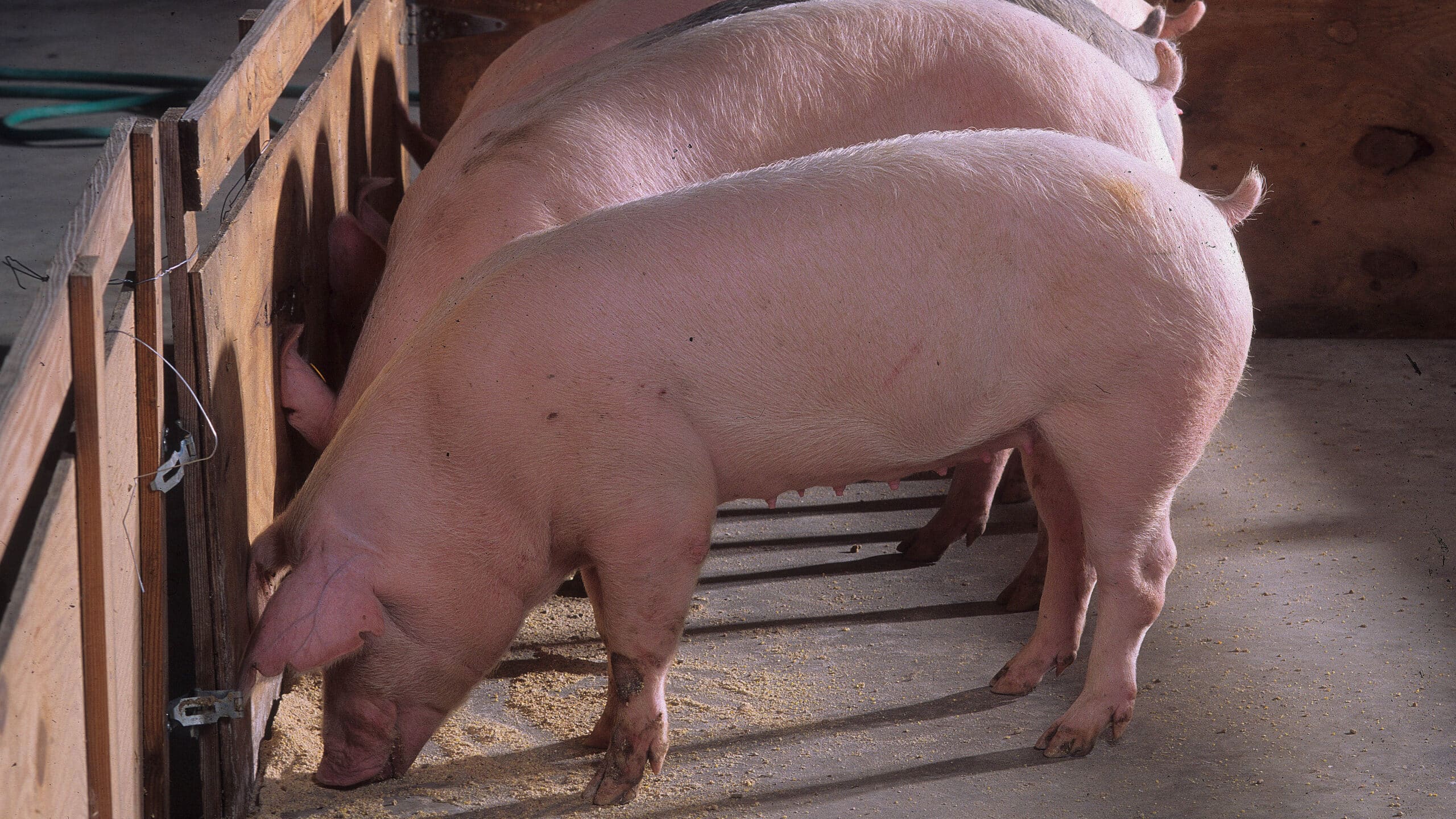Study: Social Media Use May Help Identify Students at Risk of Alcohol Problems

For Immediate Release
Research from North Carolina State University and Ohio University finds that having an “alcohol identity” puts college students at greater risk of having drinking problems – and that posting about alcohol use on social media sites is actually a stronger predictor of alcohol problems than having a drink.
“This work underscores the central role that social networking sites, or SNSs, play in helping students coordinate, advertise and facilitate their drinking experiences,” says Lynsey Romo, an assistant professor of communication at NC State and co-lead author of a paper on the work. “The study also indicates that students who are at risk of having drinking problems can be identified through SNSs.”
“We started this project with a threshold question: what drives students to drink and post about alcohol on SNSs,” says Charee Thompson, an assistant professor of communication studies at Ohio University and co-lead author of the study.
To address that question, the researchers conducted an online survey of 364 undergraduate students at a Midwestern university. The students were all over 18, reported having consumed at least one alcoholic drink in the past month, and had an active Facebook, Twitter or Instagram account.
Study participants were asked about their SNS use, alcohol consumption, alcohol problems and their alcohol-related use of SNSs, as well as a series of questions designed to measure their motivations for drinking.
“The strongest predictor of both drinking alcohol and posting about it on SNSs was espousing an alcohol identity – meaning that the individuals considered drinking a part of who they are,” Thompson says. “And those two behaviors were associated with alcohol problems – such as missing school or work, or getting into fights – because of drinking.”
In fact, the researchers found that posting about alcohol use on social media was actually a stronger predictor of alcohol problems than alcohol use was. In other words, having a drink was less strongly correlated with alcohol problems than posting about alcohol use was – though clearly students with alcohol problems were drinking alcohol.
“This might be because posting about alcohol use strengthens a student’s ties to a drinking culture, which encourages more drinking, which could lead to problems,” Thompson says.
“We’re hopeful that these findings can aid policymakers in developing interventions to target the most at-risk populations – particularly students with strong alcohol identities,” Romo says. “And social media may help identify those students. For example, colleges could train student leaders and others in administrative positions to scan SNSs for text and photos that may indicate alcohol problems.”
In addition, the researchers note that future research on student alcohol use may want to further consider how drinking occurs in tandem with other behaviors that could cause students problems.
The paper, “College Students’ Drinking and Posting About Alcohol: Forwarding a Model of Motivations, Behaviors, and Consequences,” is published in the Journal of Health Communication: International Perspectives.
-shipman-
Note to Editors: The study abstract follows.
“College Students’ Drinking and Posting About Alcohol: Forwarding a Model of Motivations, Behaviors, and Consequences”
Authors: Charee M. Thompson, Ohio University; Lynsey K. Romo, North Carolina State University
Published: May 17, Journal of Health Communication: International Perspectives
DOI: 10.1080/10810730.2016.1153763
Abstract: College drinking continues to remain a public health problem that has been exacerbated by alcohol-related posts on social networking sites (SNSs). Although existing research has linked alcohol consumption, alcohol posts, and adverse consequences to one another, comprehensive explanations for these associations have been largely unexplored. Thus, we reasoned that students’ personal motivations (i.e., espousing an alcohol identity, needing entertainment, and adhering to social norms) influence their behaviors (i.e., alcohol consumption and alcohol-related posting on SNSs), which can lead to alcohol problems. Using structural equation modeling, we analyzed data from 364 undergraduate students and found general support for our model. In particular, espousing an alcohol identity predicted alcohol consumption and alcohol-related SNS posting, needing entertainment predicted alcohol consumption but not alcohol-related SNS posting, and adhering to social norms predicted alcohol-related SNS posting but not alcohol consumption. In turn, alcohol consumption and alcohol-related SNS posting predicted alcohol problems. It is surprising that alcohol-related SNS posting was a stronger predictor of alcohol problems than alcohol consumption. We discuss the findings within their applied applications for college student health.
- Categories:


